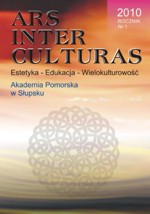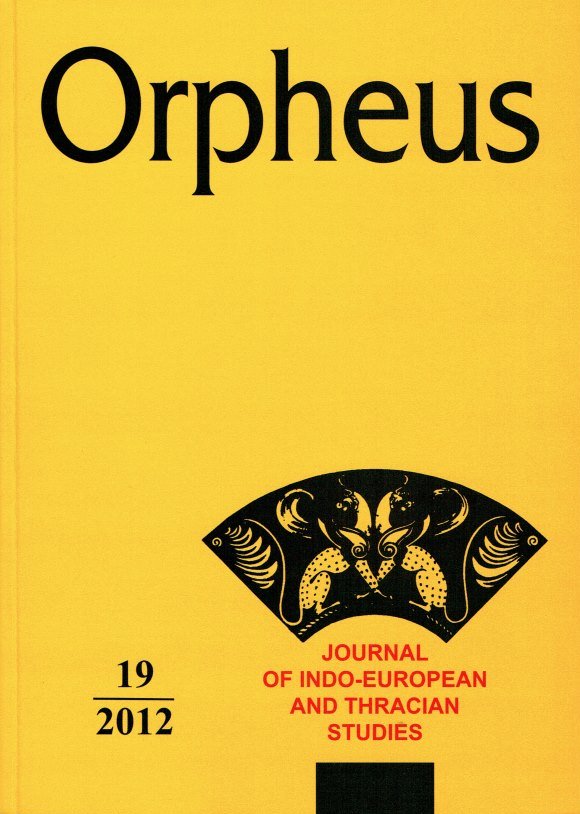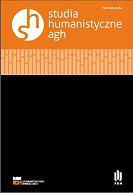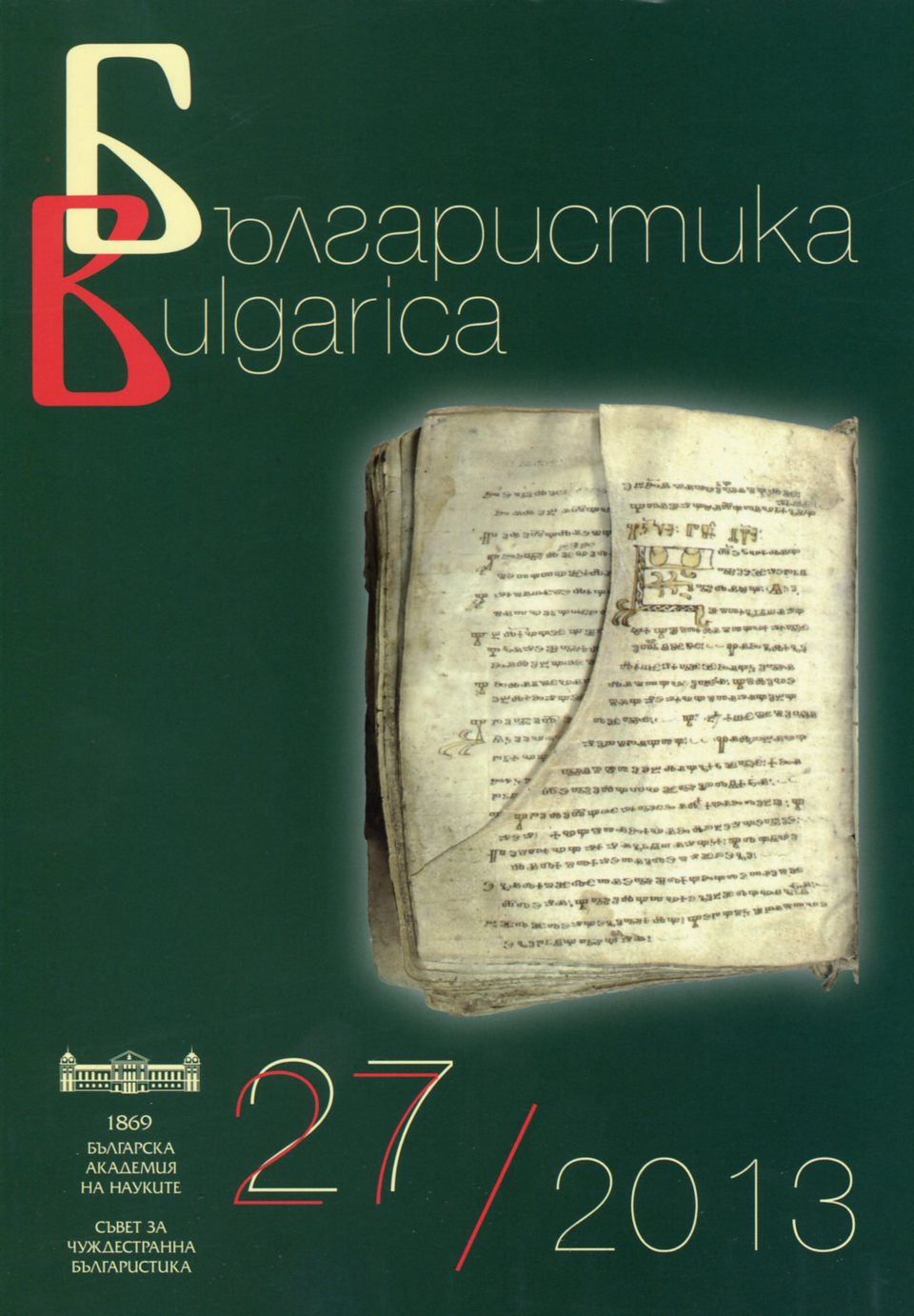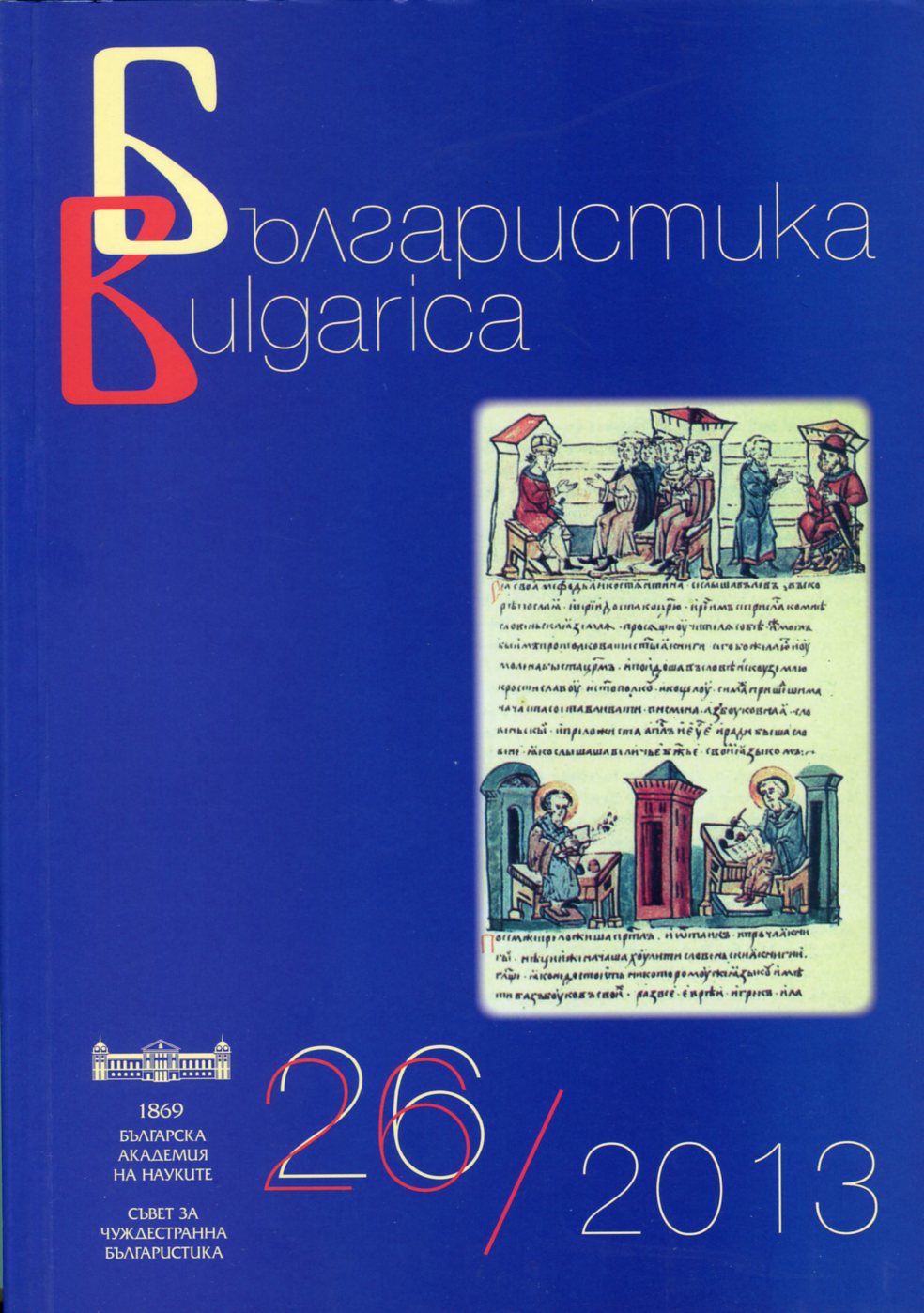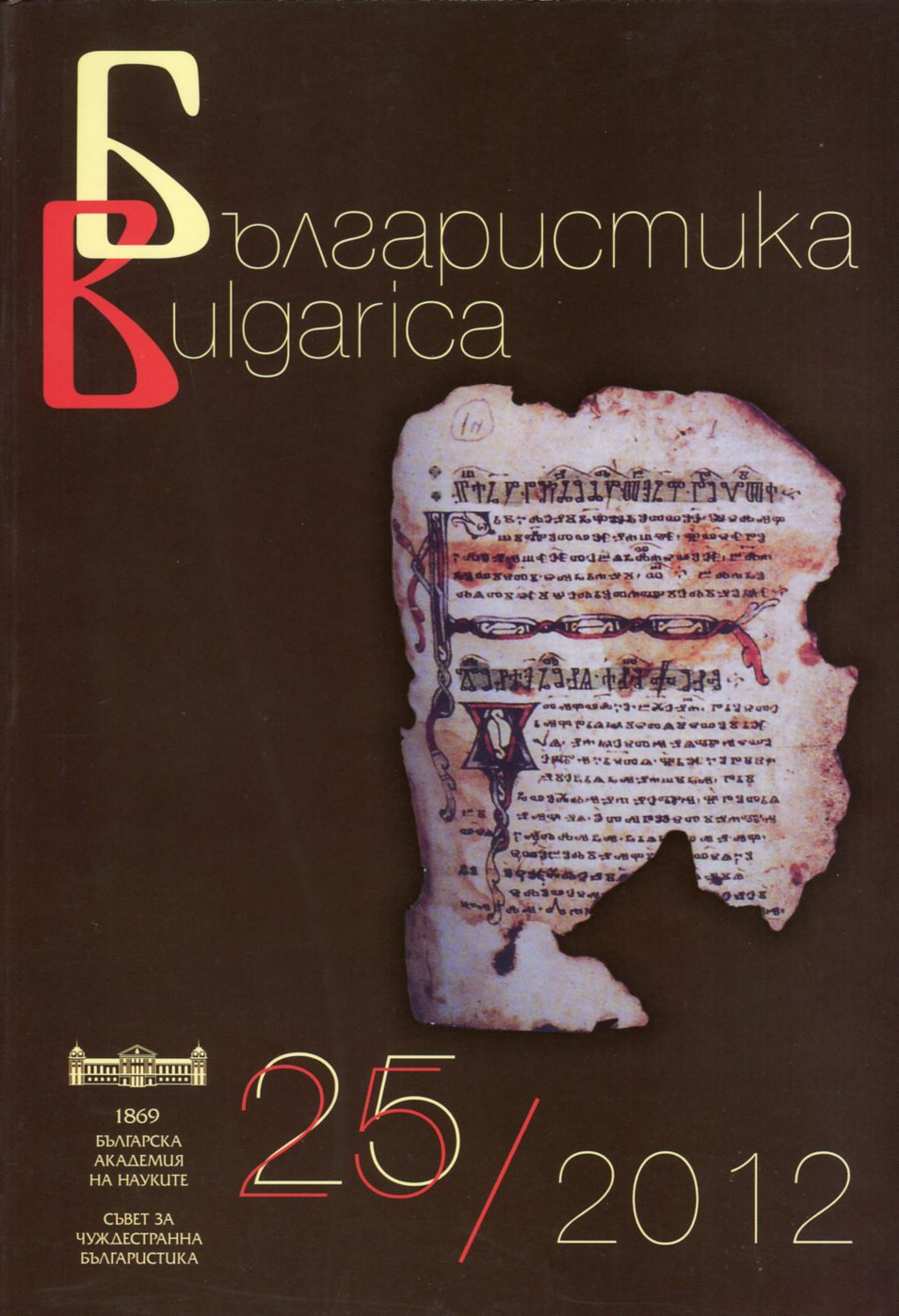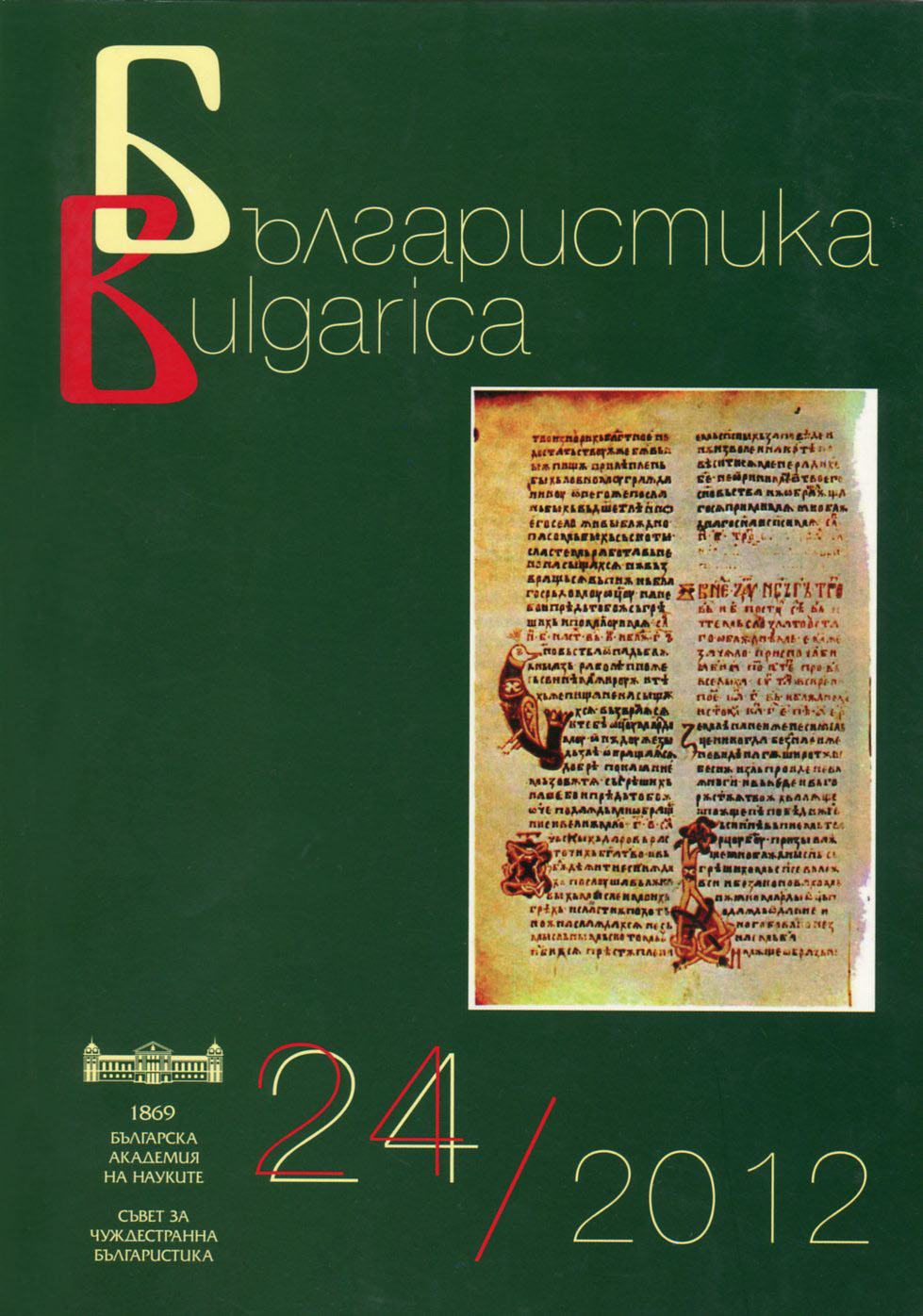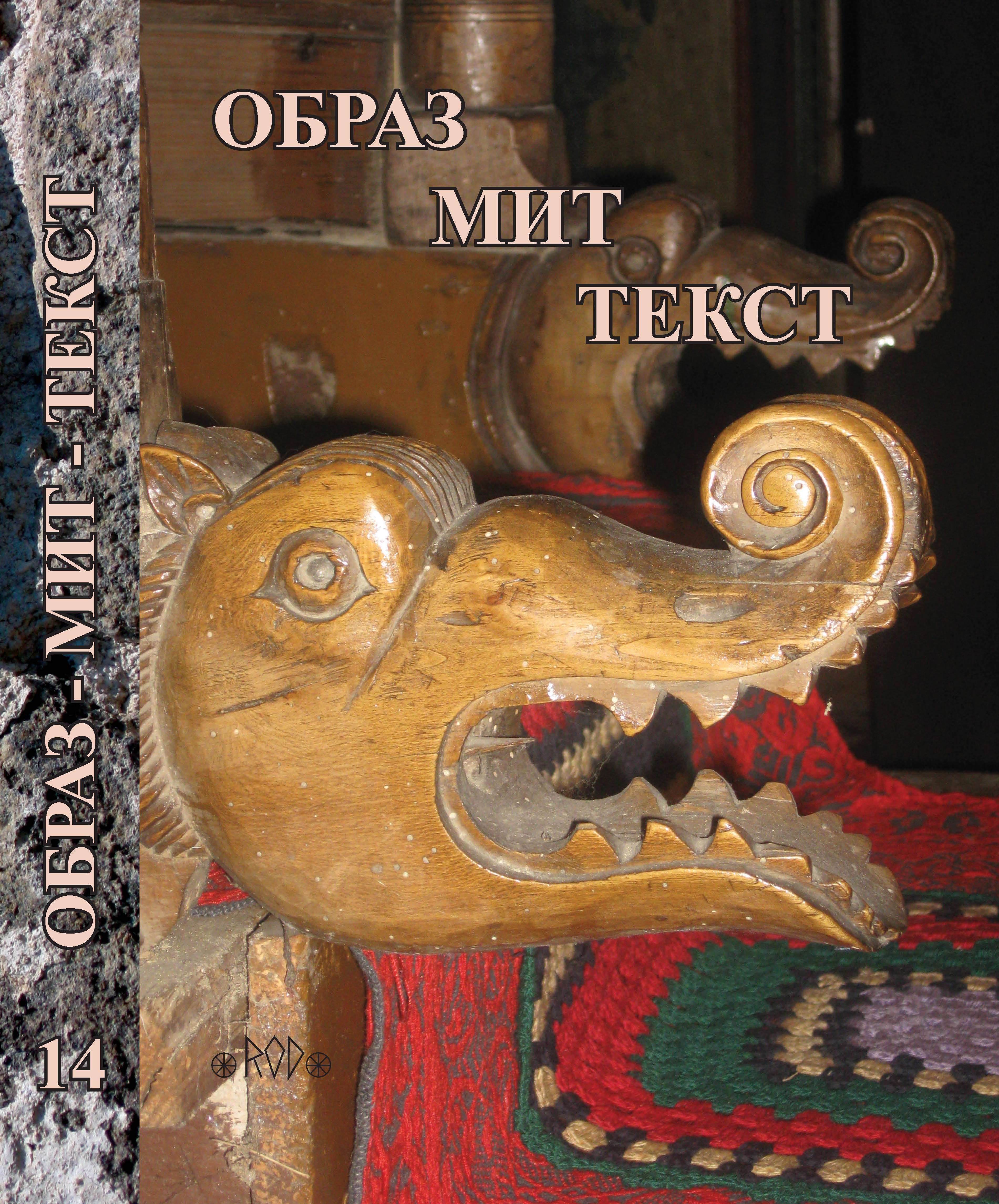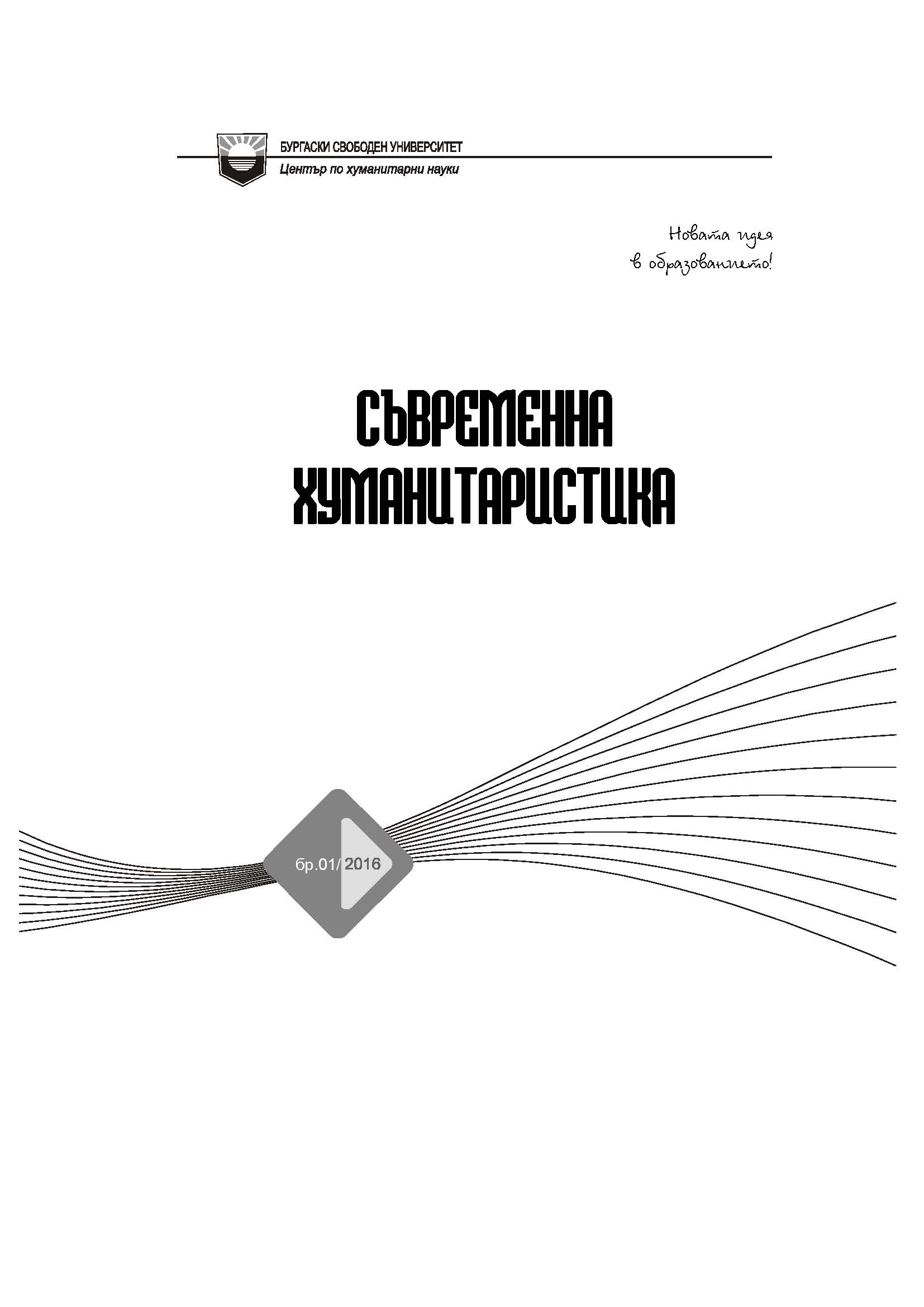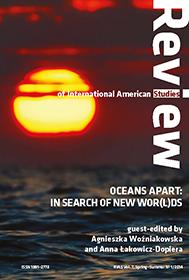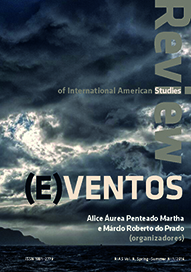Author(s): Pilar Martínez Benedí / Language(s): English
Issue: 1/2014
Even as sea writing in antebellum America might have aspired to literary exploration—and possession, the ocean, as Hester Blum has noted, is a ‘landscape than cannot be tangibly possessed’. The of its waters gives the sea a formless, elusive quality, and its apparently material surface hides unfathomable and ultimately ungraspable depths. The view from the masthead, moreover, offered sailors a vast barren, monotonous panorama: rather than discovery, this vantage point showed nothing—only watery emptiness. On the other hand, sea voyages were inherently circular—they ended where they had started. Whaling voyages, in particular, were non-linear and non-teleological. Or, rather, their telos—the whale—was in perpetual motion, and the whaleship circumnavigated the slippery oceanic landscape in his chase. The concern with how these ontological features of seafaring reflect, and are reflected by, the epistemology of sea narratives will broadly frame my paper. In particular, I propose to look at the final vortex in Moby-Dick as an image that happily captures these aspects of seafaring—and of sea writing: elusiveness and circuitousness, and, at once, to point at how such aspects, and their blending, eloquently embody psychic trauma. A sea vortex—‘a circular movement of water with a vacuum at the center’, in Paul Brotdkorb’s words—echoes the spiral-like experience of working-through trauma; the ceaseless revolving around an event that cannot be known, since it was not grasped as it occurred, according to Cathy Caruth’s formulation. In turn, I will contend, this vortical image is an apt trope for Moby-Dick’s own circuitous form, visually replicating the convoluted process of working through its narrator’s trauma. Therefore, I will explore the ways in which, in his meandering, digressive tale, Ishmael—and, with him, the reader—seems to be revolving the vortex in order to gain mastery over the unclaimed experience of his lonely survival.
More...
